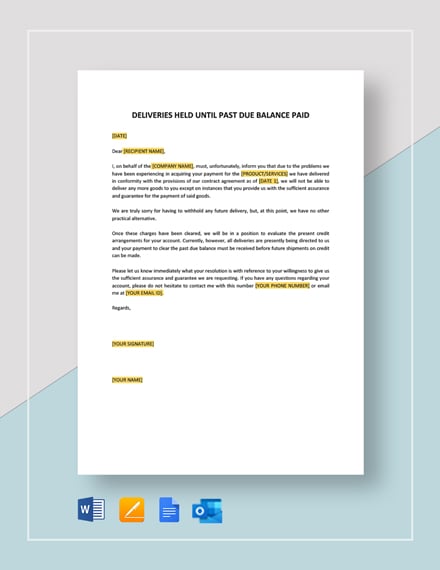

and agrees to pay 50% of the cost upfront and the remainder on delivery. For instance, say our eyewear maker decides to initiate a new $1,000 purchase from Frames Inc. In accrual accounting, when finance teams record all unpaid expenses, they act as placeholders for cash events.
#Should due to due from balance how to#
How to Record Accounts PayableĬompanies may use either the accrual or cash-basis accounting method for recording AP. 15, then debits $500 from StyleVision’s inventory asset account. StyleVision’s bookkeeper creates an accounts payable journal entry and credits Frames Inc.’s account $500 by Sept. 15 with net-30 terms and no discount for early payment. Say on-trend eyewear maker StyleVision orders $500 worth of new frames from its wholesale supplier, Frames Inc., which sends the invoice on Aug. A strong AP practice contributes to business success by ensuring cash forecasts stay accurate, minimizing mistakes and fraud and generating reports for business leaders and third parties.
#Should due to due from balance full#
The team can save the company money by taking full advantage of favorable payment terms and available discounts. A skilled AP team keeps supplier relationships positive by making sure vendor information is accurate and up-to-date and bills are paid on time. Once an authorized approver signs off on the expense and payment is issued per the terms of the contract, such as net-30 or net-60 days, the accounting team records the expense as paid.ĪP departments are responsible for processing expense reports and invoices and for ensuring payments are made. The balance sheet shows the total amount of accounts payable, but it does not list individual transactions. When a finance team receives a valid bill for goods and services, it is recorded as a journal entry and posted to the general ledger as an expense. AP does not include, for example, payroll or long-term debt like a mortgage - though it does include payments to long-term debt.Īccounts payable are typically recorded upon receipt of an invoice based on the payment terms both parties agreed to when initiating the transaction. What Is Accounts Payable (AP)?Ī company’s accounts payables comprise amounts it owes to suppliers and other creditors - items or services purchased and invoiced for. Mismanagement of either side of the equation can adversely affect your credit and, eventually, the stability of your business. Income is important, and so is prudent spending to grow the business and retain customers. Lenders and potential investors look at AP and AR to gauge a company’s financial health. AR is listed as a current asset on the balance sheet. Accounts receivable (AR) are funds the company expects to receive from customers and partners. The due from account falls into the latter category.East, Nordics and Other Regions (opens in new tab)Īccounts receivable and accounts payable are the yin and yang of business: When revenues and expenditures stay in healthy equilibrium, the company can seize growth opportunities, and relationships with customers and suppliers remain on a positive footing.Ī company’s accounts payable (AP) ledger lists its short-term liabilities - obligations for items purchased from suppliers, for example, and money owed to creditors. In it, investors will find credit and debit accounts.

Both accounts can, however, be zero.Ī general ledger stores and organizes data, providing a record of every financial transaction that takes place during the life of an operating company.

Due from accounts and due to accounts should never be negative, which would signify bad data.Nostro accounts are a type of due from account that are used to facilitate foreign exchange and trade transactions.Due from accounts are used to separate incoming and outgoing funds, making accounting easier, particularly for audits.Due from accounts focus on incoming assets, also known as receivables, while the due to accounts focus on outgoing assets, also called payables.The due from account is typically used in conjunction with a due to account.A due from account tracks assets owed to a company and is not used for the tracking of any liabilities or obligations.A due from account is a debit account that indicates the number of deposits currently held at another company.


 0 kommentar(er)
0 kommentar(er)
